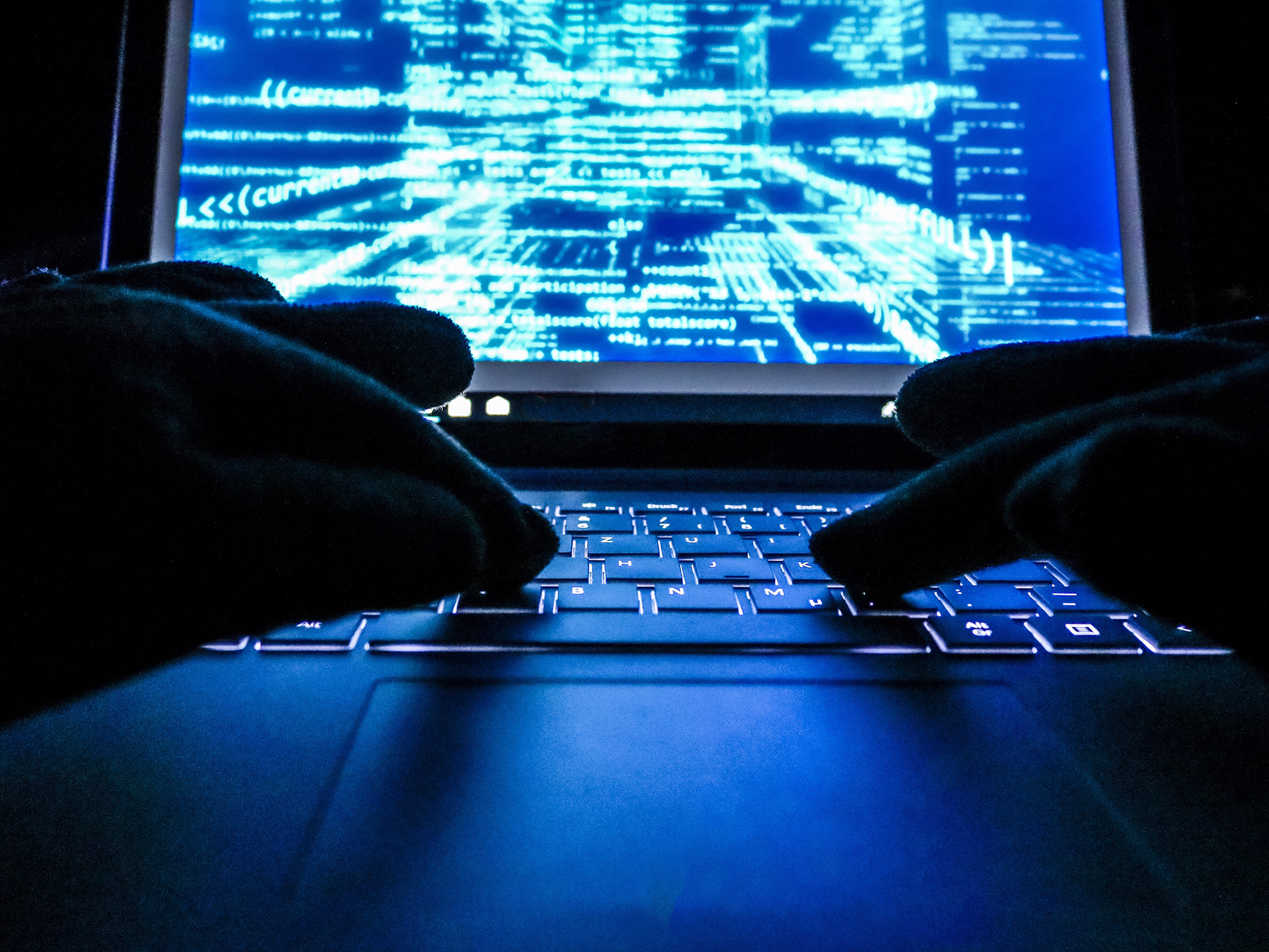Maintaining strong online security is becoming ever more costly and time-consuming, however as hacking is on the rise it’s unfortunately an unavoidable topic that all organisations and business should prioritise. Hackers don’t discriminate: any website, computer, email address, phone or EFTPOS terminal is a target, and business disruption, data and privacy breaches, not to mention loss of reputation, could be severe. Although online security is never able to be 100% secure, here are a few tips to help:
- Install + maintain security software on relevant devices
There is a multitude of software on the market for both PCs and Macs that can help to minimise attacks from viruses, malware, adware & spyware. If you don’t have this covered already, talk to your IT support team to get this on the go.
- Ensure strong password management protocols
We can all get a bit lazy with our password management at times, but strong password protocols are a first line of defence.
- Use an online password generator such as this one from Last Pass to ensure passwords are strong and unique
- Regularly update your passwords
- Don’t save passwords on a shared network file or your desktop
- Use password management software – this will let you store and share usernames and passwords securely, with multiple layers of security
At Creative Marketing, we use Last Pass; it’s easy to use, protects login details and helps to maintain online safety. Your IT team will be able to help you with this.
- Set up MFA – multi-factor authentication
Multi-factor authentication (MFA) is used to ensure that digital users are who they say they are, by requiring that they provide further evidence to prove their identity. Here is an example: when you are at an ATM to withdraw money you need your debit card PLUS you also need your PIN.
Here is an online example: when logging into your website admin panel, you have your user name and password, PLUS you can enter a code which is texted to your mobile phone at the time you log in. Talk to your IT team about setting up MFA for relevant online accounts and platforms.
- Take cyber security insurance
Although you can take a range of precautions, there is no way to protect your website 100%. Cyber security insurance can help businesses recover from a cyber liability such as ransomware, a virus, malware infection, DDoS (denial of service) attack, or loss of data and privacy breach. We strongly recommend that you have a cyber security insurance policy – discuss the level of cover you need with your insurance advisor.
Taking steps, such as the above, to strengthen your online security will offer peace of mind. If you have any questions, please get in touch – we’d be happy to point you in the right direction.





